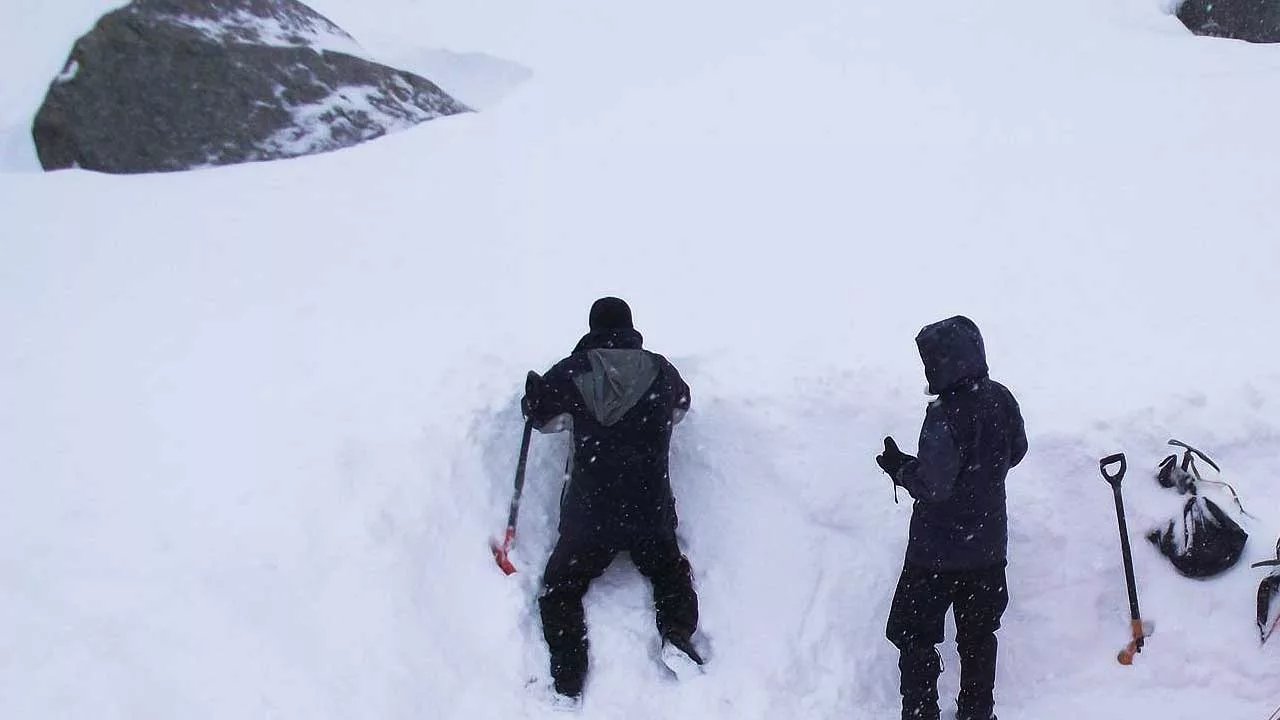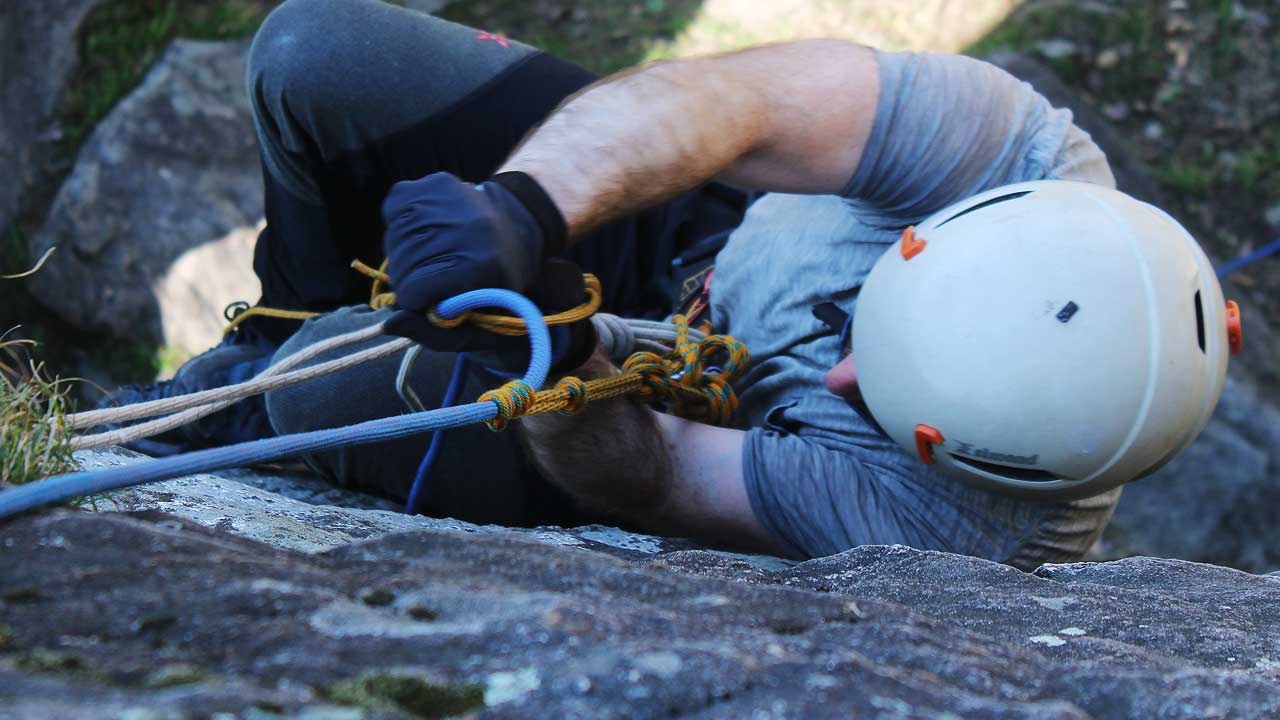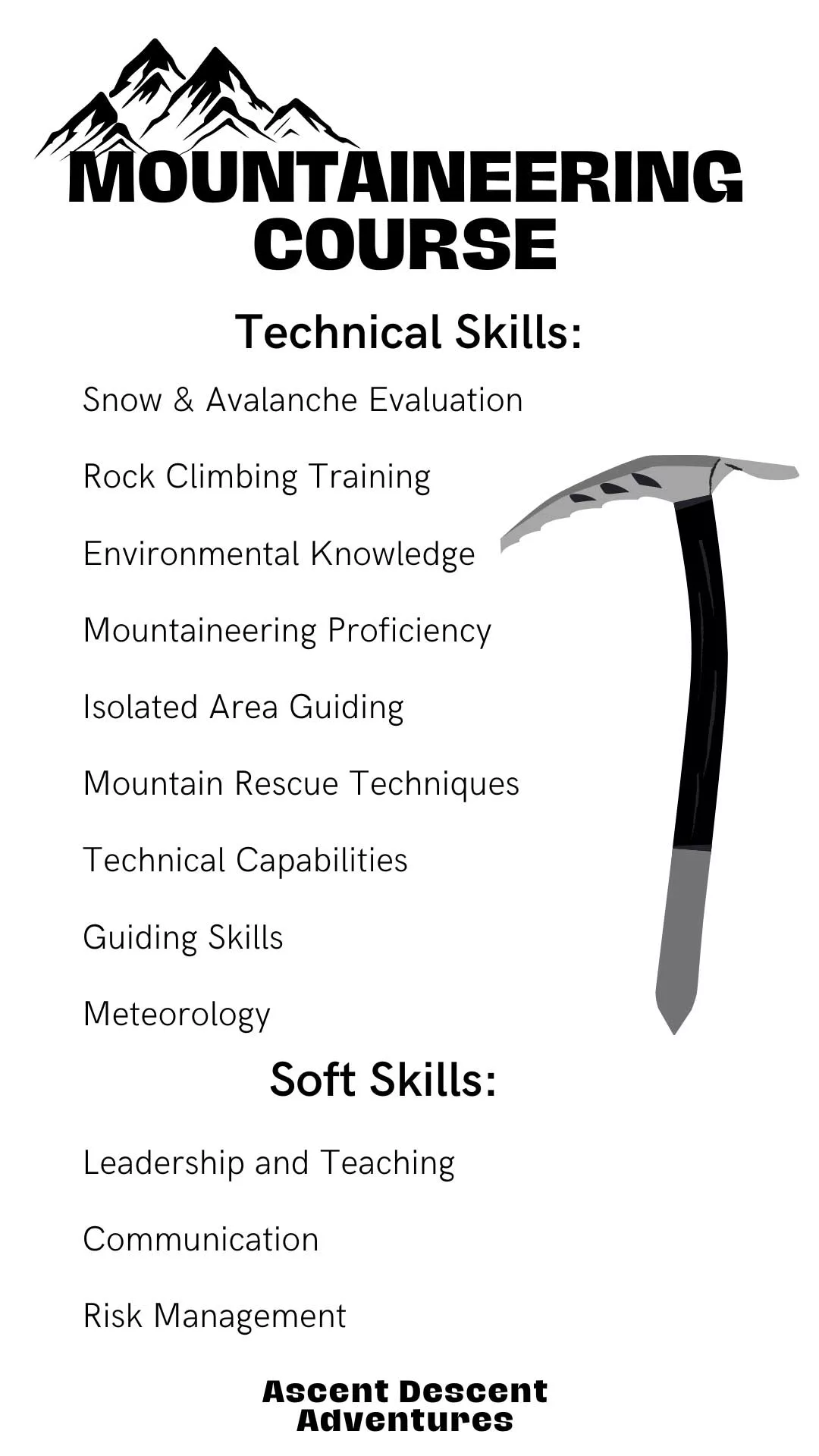Skills Focused in Mountain Guiding
A mountain guide undergoes rigorous training and evaluation encompassing both technical expertise and soft skills. These competencies are of paramount importance, collectively ensuring safety, excellence, and the overall professionalism of a guide.
Technical Skills:
Snow and Avalanche Evaluation:
Mastery of assessing snow and avalanche conditions is imperative for safe mountain travel, allowing guides to make well-informed decisions in hazardous environments.

Environmental Knowledge:
Understanding the intricacies of the mountain environment, including its flora, fauna, geology, ecology, and cultural significance, enhances the overall experience and appreciation for the natural world.
Mountaineering Proficiency:
Guides receive thorough theoretical and practical training in various aspects of mountaineering, trekking, and expeditions, equipping them with the skills necessary to expertly navigate and lead groups through challenging terrain.
Isolated Area Guiding:
Proficiency in guiding in remote and isolated areas requires a thorough understanding of logistical planning, risk assessment, and emergency protocols.
Meteorology:
Expertise in meteorological principles enables guides to interpret weather forecasts and make strategic decisions regarding route selection and expedition planning.
Mountain Rescue Techniques:
Specialized training in mountain rescue techniques, including self-rescue, crevasse rescue, and avalanche rescue, equips guides with the skills necessary to respond effectively to emergencies in alpine environments.

Navigation:
Mastery of navigation techniques, both traditional and modern, allows guides to navigate safely through complex terrain and adverse weather conditions.
Technical Capabilities:
Proficiency in various technical disciplines, such as general mountaineering, rock climbing, and ice climbing, enhances a guide’s versatility and ability to adapt to diverse terrain and conditions.
Guiding Skills:
Refined expertise in guiding skills, including rope handling, route selection, and planning, ensuring the smooth and efficient execution of mountain expeditions while prioritizing safety and client satisfaction.

Soft Skills:
Coaching:
Effective coaching facilitates the learning experience for clients, fostering skill development and confidence in challenging environments.
Communication:
Clear and concise communication is essential for conveying information, instructions, and safety protocols to clients and team members.
Leadership and Teaching:
Strong leadership and teaching skills empower guides to inspire confidence, foster teamwork, and facilitate memorable and enriching experiences for clients. Learn more about Mountain Guide Psychology: The Five-Factor Model
Relationships and Social Skills:
Building rapport and fostering positive relationships with clients and fellow guides is integral to creating a supportive and inclusive mountain community.
Risk Management:
Sound judgment and risk management skills enable guides to assess and mitigate hazards effectively, ensuring the safety and well-being of all expedition participants.
In conclusion, the meticulous training and development of both technical and soft expertise are fundamental to the unparalleled success and professionalism of mountain guides, enabling them to lead secure, unforgettable, and enriching mountain experiences for all adventurers.